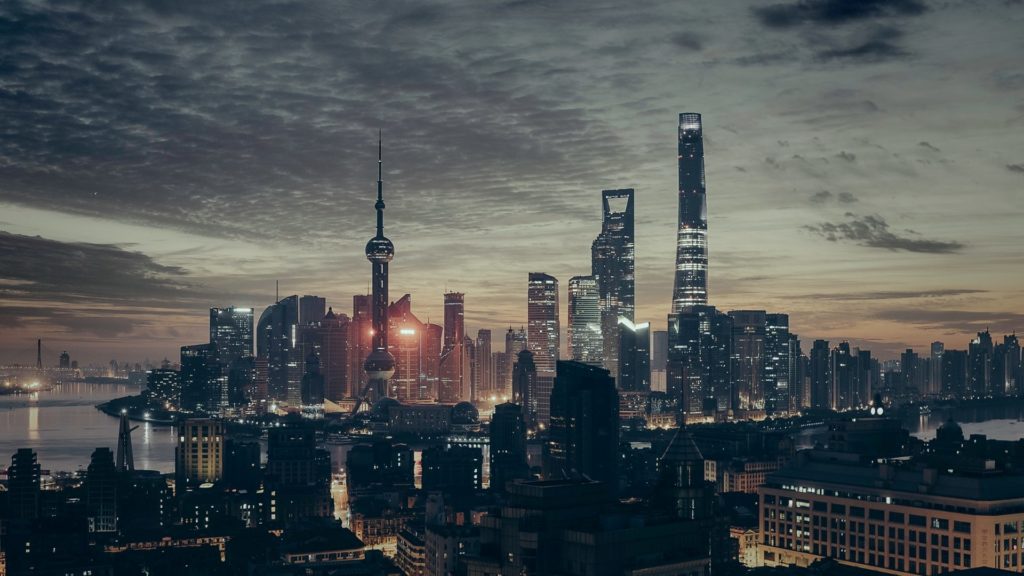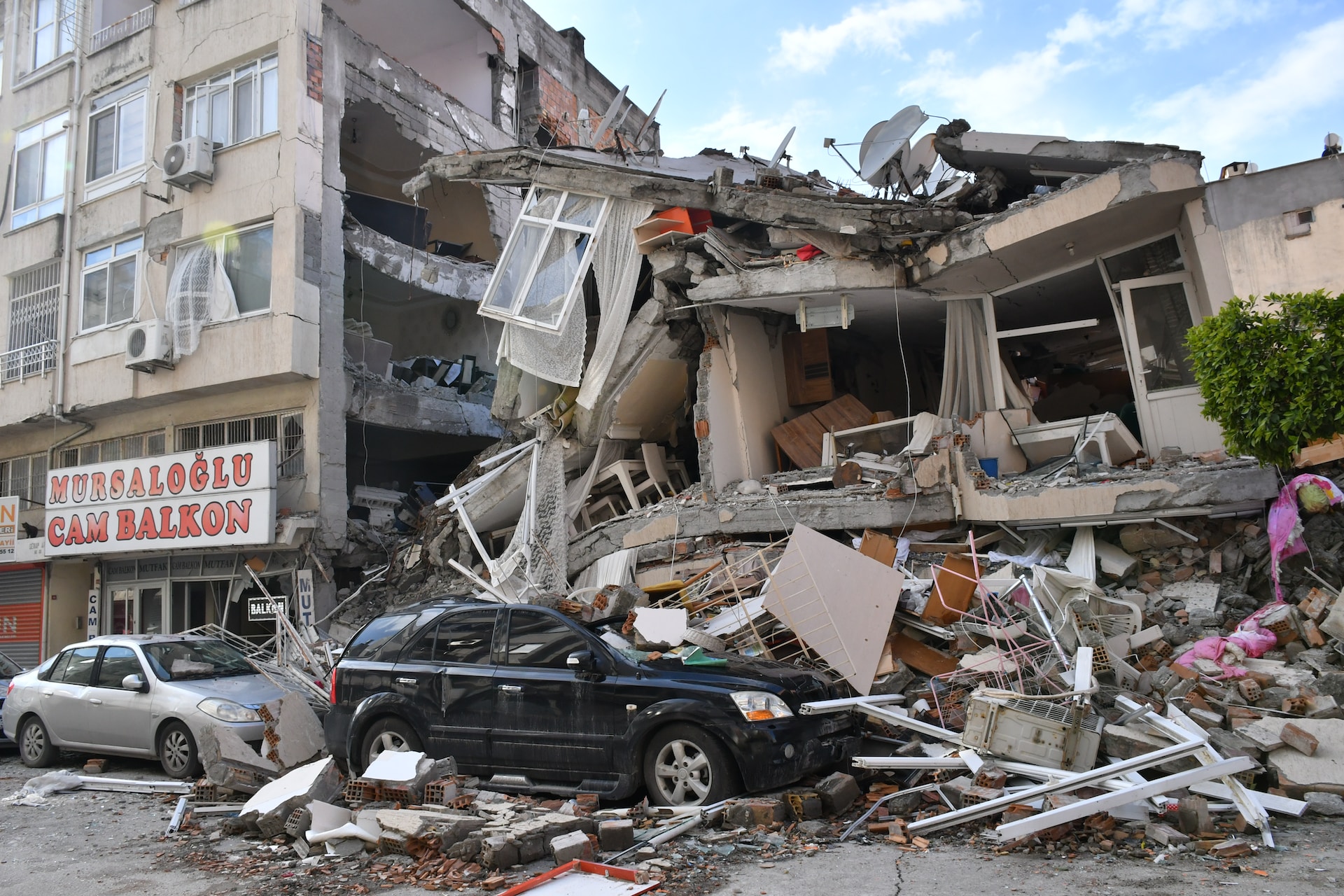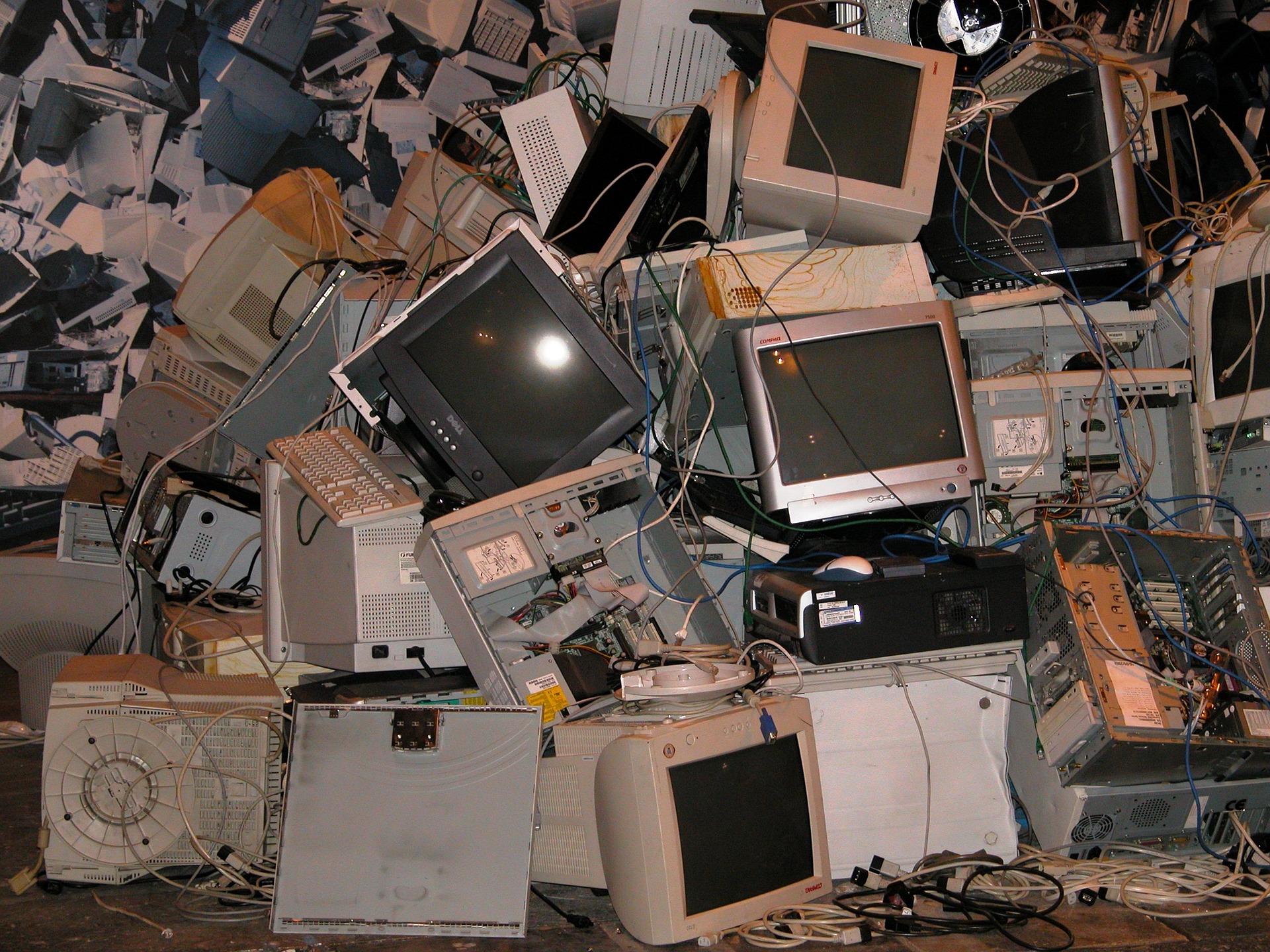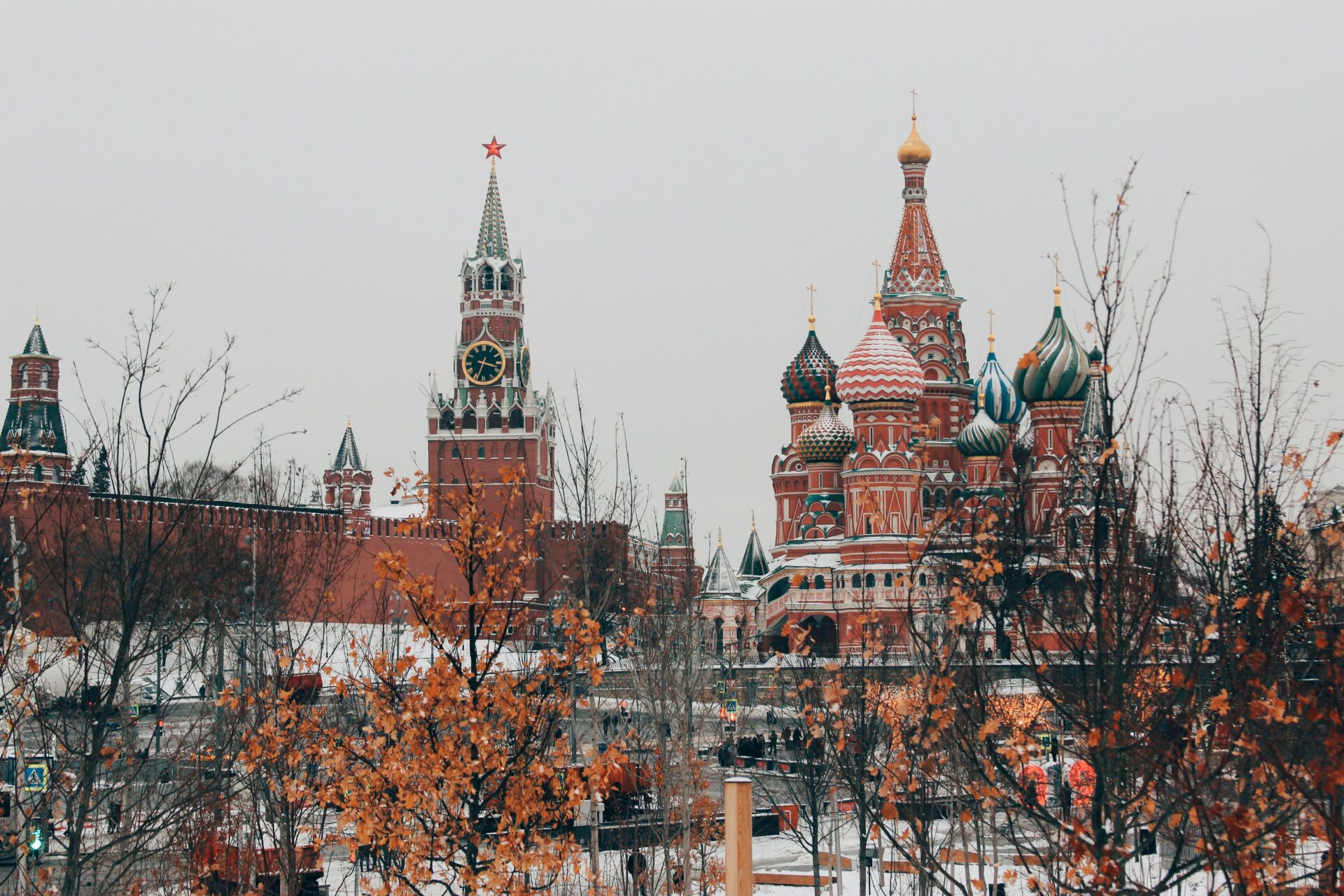A Global System that Cannot Fix Problems Needs Fixing
When we bid farewell to 2019, a host of problems plagued the world. The US-China trade war, the looming Brexit, and the mass exodus of migrant populations across the globe were a few among numerous pressing issues. While policymakers and thought leaders around the world debated and deliberated on solving these crises to make a better 2020, a new virus was breeding in China.
The Coronavirus, or COVID-19, has snowballed into a crisis of mammoth proportions since being detected on 31 December 2019. At the time of writing, the virus had affected 199 countries and territories, and has already accounted for over 24,000 deaths. Its impact on human life, healthcare systems, businesses and supply chains globally has been profound.
While governments’ actions across the world have been encouraging, they have been individual in nature. The efforts to combat what is now a global pandemic have been disjointed, with each country acting of its own accord and with scant regard for broader implications or even the efficacy of their actions. Nations have imposed lockdowns and stringent travel bans on their own, but there has been little to no collaboration between countries in countering the spread of the virus. Currently, one-third of the global population is under lockdown, but these calls to action did not arise from coordinated efforts. Even air travel bans were unilaterally imposed.
This is but the most recent example of an issue that demonstrates the complexities of the current global international order, particularly at a time when the world is so deeply interconnected. It beggars belief that the fight against COVID-19 is still national in nature, and we haven’t seen any global or even regional measures to counter its threat.
Failing to prepare for the future by looking into the past
The institutional structures that govern global order is largely led by the US and other key Western powers. The institutions that formed the basis of the global order had their merits when they were first built after World War II, but increasingly since the collapse of the erstwhile USSR—and particularly since the Global Financial Crisis of 2008—their impacts have diminished, but not their significance on the global stage.
And this is a dichotomy.
These institutions remain surprisingly Western economy-centric, and in many ways, overlook the ground realities of the global economy and demographics. The rule book continues to belong to them, and they still offer little say to important economies such as China, India, Indonesia and Brazil, among others. This is a travesty for it means that a majority of the world’s population continues to be unrepresented or underrepresented at global forums, despite growing economic clout.
China may have a permanent seat on the UN Security Council, but has little else to show despite the most stunning economic transformation of a society in human history. The UN system more broadly, the G20, the G8, the World Bank and IMF have all served their purpose at various points in time, but given today’s global context, they cannot continue to form the basis of the international order. With reference to the COVID-19 outbreak, the G20 stated, ‘Combating this pandemic calls for a transparent, robust, coordinated, large-scale and science-based global response in the spirit of solidarity.’ Unfortunately, this is exactly what the world has not done. It is, however, encouraging to see that at this time of crisis G20 leaders have united to inject $5 trillion into the global economy to deal with the social, economic and financial impacts of COVID-19. But it begs the question “couldn’t this cooperation come much earlier?”
It is imperative that within this umbrella of global institutions, space is created for newer institutions such as the Asian Infrastructure Investment Bank (AIIB), the New Development Bank (NDB) and the ASEAN+3 Macroeconomic Research Office (AMRO), among others. These are examples of institutions that work within the sphere of the global international order, but are driven largely by emerging economies from the East and the Global South. These are also institutions that represent the views—and interests—of significant chunks of the global population and a large (and growing share) of economic output.
In little time, the China-led AIIB has become one of the world’s premier lending institutions, almost at par with the World Bank in terms of the money it hands out for infrastructure development in developing economies. Similarly, AMRO (which oversees the Chiang Mai Initiative Multilateralization), is a homegrown regional institution that acts as a safety net and aims to secure macroeconomic and financial stability in the ASEAN+3 economies (Plus 3 refers to China, Japan, South Korea). It does so by addressing balance of payments and short-term liquidity difficulties across the region.

While regional initiatives such as these are young in comparison to initiatives led by Western economies, they are growing in prominence because they are fulfilling important roles in their respective regions. Importantly, they provide a platform for all members to have a say in shaping their destinies.
An amorphous framework?
Indeed, what we are seeing emerge is an amorphous global governance framework that is more reliant on regional cooperation at various levels. As many Western economies start to look inward, other nations are assuming the mantle to push for all that has traditionally been the preserve of Western powers. This holds true particularly for multilateralism and globalization, which emerging global powers are now steadfast supporters of. As such, there is need for a framework that is built on a foundation of common goals, its pillars being reliance on regional cooperation and diplomacy at every level. This could possibly yield a new international order where the old accommodates the new to deliver a vibrant and prosperous global order.
It is also important there is deeper cooperation between not only countries but also regional frameworks that are assuming increasing importance. A case in point is how COVID-19 played out in 2019 – if countries openly shared information with one another and if regional or global frameworks were used to address the issue, we may have had a situation wherein the spread of the virus was better contained.
It is easily understood that such massive collaboration will have its challenges, but big challenges require big responses.
Multi-stakeholder dialogue is the way forward to deliver a comprehensive new framework – and indeed, such a framework cannot overlook the role businesses have to play in bringing transformative change in the world. These dialogues need to be an ongoing response to the rapidly changing risk landscape globally. Large corporations wield (perhaps disproportionate) influence, but have the resources to mobilize against major challenges such as pandemics, climate change, sustainability and supply chains. Their resources must be tapped. Moreover, they have a transnational presence, and have an imprint on large number of employees and their families. It is a folly to underestimate their significance.
Such dialogue is possible at platforms that bring together a congregation of all stakeholders. In isolation, efforts can result in little, given the magnitude of problems we are dealing with. For example, Horasis brings together leaders from business, government, civil society and the fourth sector to facilitate thought leadership and problem-solving spanning a range of issues including climate change and sustainability, migration, pandemics and globalization. Forums such as these are important because they bring together leaders from different geographies and fields, creating a second track of cooperation.
Preparing for a future of complexities
To prepare for the future, we must break the shackles of the past. We must create room for new players—both countries as well as institutions—that have more economic and strategic clout.
Accommodating the rise of Asia has been long overdue. Giving the region its due will result in the rebuilding of the global international order that is so desperately required.
We do not need to reinvent the wheel. This can be achieved within the existing institutional framework provided it evolves to include the new. A framework that has the wisdom of the old and the zeal and enthusiasm of the new institutions is one that can see us through these testing times.
Featured Photo: A deserted airport in Germany due to the COVID-19 outbreak. The efforts to combat what is now a global pandemic have been disjointed.




